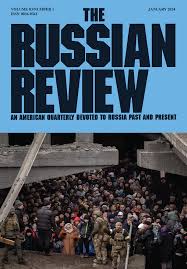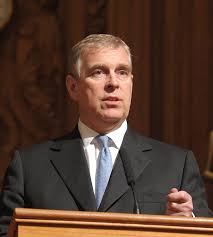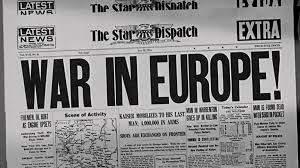Current Trends in Russian Politics: Insights for 2023

Introduction
In the wake of ongoing geopolitical tensions and a shifting global landscape, Russian politics remains a critical topic for both regional stability and international relations. Understanding the dynamics at play is essential for analysts, policymakers, and citizens alike, as Russia’s actions often have far-reaching implications, affecting everything from energy resources to defense strategies.
Recent Developments
As of late 2023, Russia has seen significant political events that have further cemented its leadership under President Vladimir Putin. The nation has continued to assert its influence in Eastern Europe, particularly in the context of the ongoing conflict in Ukraine. Reports indicate that Russia has been bolstering its military capabilities while simultaneously engaging in diplomatic maneuvers to shore up support from allies such as Belarus and certain nations in the Middle East.
Moreover, the domestic political landscape has seen heightened measures to suppress dissent and control information. The government has increased scrutiny over civil society organisations and media outlets, implementing stringent laws that limit freedom of expression. This has sparked criticism from human rights organisations, with calls for more substantial reforms and accountability from international bodies.
International Reactions
The global community has responded with a mix of sanctions and diplomatic engagements. The United States and European Union have extended existing sanctions against key individuals and sectors of the Russian economy, aiming to curtail the country’s military ambitions and actions in Ukraine. Conversely, countries such as China have continued to deepen their ties with Russia, sharing economic and military partnerships that complicate the international response.
Conclusion
As we move through 2023, the significance of Russian politics cannot be overstated. With domestic suppression of dissent and aggressive foreign policies, the implications for global stability are profound. Analysts forecast continued tensions in Eastern Europe, with potential ramifications for NATO and the broader international order. It is crucial for observers to stay informed about these developments as they unfold, as the outcomes will likely shape the geopolitical landscape for years to come.









